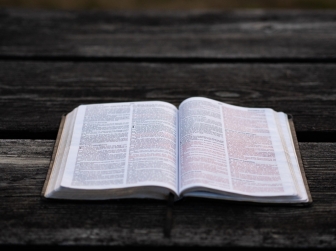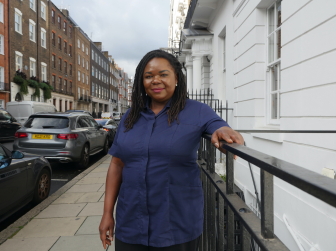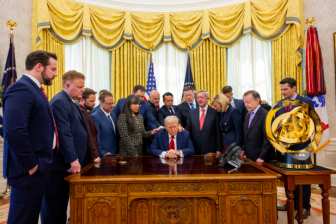A crunch vote is set to bring faith and politics in direct conflict as a national referendum takes place in Portugal on whether to lift the country's ban on abortion.
|PIC1|The predominant Roman Catholic country will vote in a ballot on Sunday to test the attitude of voters towards women terminating their pregnancies.
The centre-left Socialist Party called for the vote, following its landslide victory almost two years ago after it promised broad reforms.
Prime Minister Jose Socrates, the party leader, wants reform to "modernise" the attitude of the nation. He says his country's approach to abortion is "backward" and points to 23 other EU nations where abortion is allowed.
"What we have to do now is what more developed nations did 20 or 30 years ago," Socrates said during his campaign to allow abortions up to the 10th week of pregnancy, according to AP.
More than 90 per cent of the Portuguese population say they are Catholic, and till now they have continued with one of the most tightly operated laws against abortion in the European Union, along with Poland, Ireland and Malta.
Currently the country only allows abortion in the first 12 weeks of pregnancy and only in circumstances such as rape, foetal malformation or if a mother's physical well-being is in peril.
The 2001 Portuguese census, found that around 29 per cent of Portuguese say they go to church regularly, which is a dramatic decrease of 26 per cent since 1991.
However, a large proportion of others follow Church principles, and for this fact, many past governments have not wanted to bring up any conflicting issues that go against stances of faith. For instance gay marriage is not even on the political agenda.
The Catholic Church though is adamantly fighting against the abortion proposals.
One bishop has even compared it to the recent hanging of former Iraqi leader Saddam Hussein, saying abortion was "a variation on the death sentence."
With the vote looking likely to be close, commentators are saying turnout is one of the core issues. In a 1998 referendum on the same question, the vote was declared void after fewer than the mandatory 50 percent-plus-one of the country's 8.9 million registered voters cast their ballot.
However, undeterred on his stance, Socrates, the current prime minister, has said that if the turnout is too low to make the ballot binding but the majority of votes collected indicate "Yes", he will use his party's majority in Parliament to push through legislation allowing abortion.
related articles
Life Criticises Royal College Suggestion of Euthanasia for Disabled Babies
Life Criticises Royal College Suggestion of Euthanasia for Disabled Babies
Christian Grandmother in High Court over Abortion Campaign
Christian Grandmother in High Court over Abortion Campaign
Christians and Muslims Unite at Pro-Life Conference
Christians and Muslims Unite at Pro-Life Conference
Pope Calls for Believers to Reject Abortion & Euthanasia
Pope Calls for Believers to Reject Abortion & Euthanasia
News
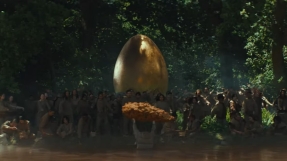
KFC gravy baptism advert sparks controversy
KFC's controversial gravy baptism was at least done via total immersion
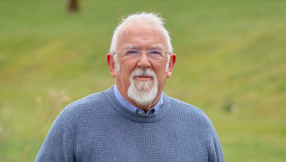
Retired pastor challenges abortion buffer zones law
A retired pastor who held a service in an abortion buffer zone is challenging the prosecution and the law itself

The Spring Statement is devastating for disabled people
Please pray. Please write to your MP about these things. And please, check on any disabled friends to see how they are coping with what is unfolding at the moment.

US study claims two in five Brits raised Christian no longer believe
A new report from the Washington-based Pew Research Center suggests that Britain’s religious identity is undergoing a transformation

